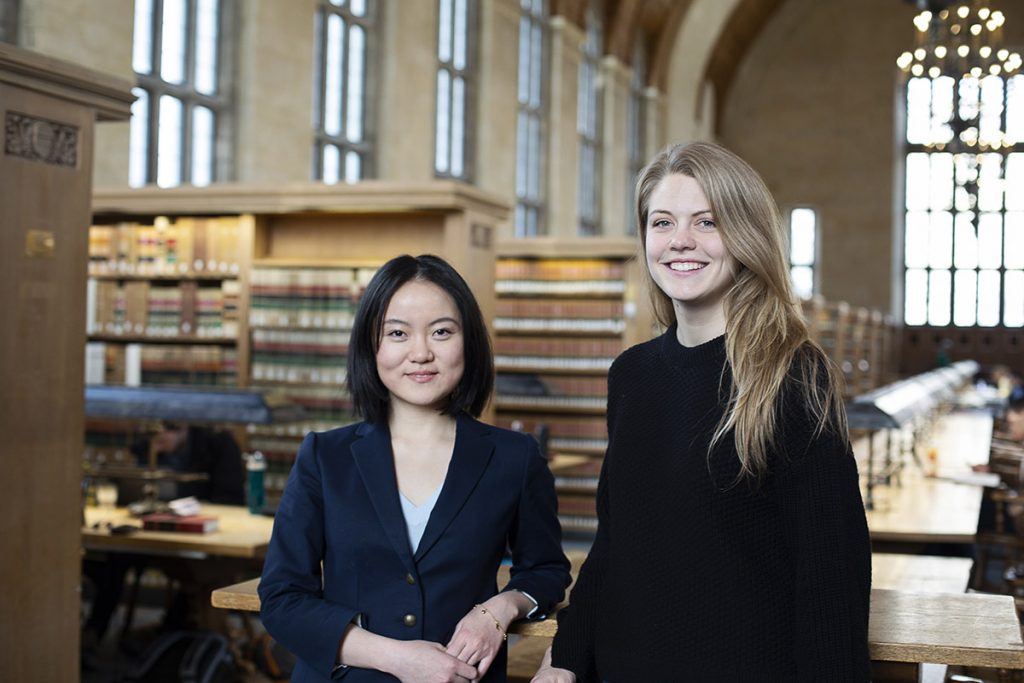This International Women’s Day We Celebrate the Expansion of our Women And Justice Collection
In anticipation of International Women’s Day, we’re excited to announce significant expansions of the Women & Justice Collection, our global database of gender justice caselaw, legislation, and reports from international mechanisms, regional courts, and 116 countries. Almost two years ago, we announced our plans for the Collection, which we inherited from the former Avon Global Center for Women & Justice. Since then, we created a website for the Collection’s new home at LII, where it has doubled in size thanks to our pro bono partners at global law firms White & Case and Gibson, Dunn & Crutcher. The first vetted and searchable database of its kind, the Collection provides free online access to these materials to advocates, researchers, practitioners, and lay people.
As part of the Collection’s expansion, our student research associates Ana Gomez, Cornell Law School Class of 2020, and Jenna Kyle, Cornell Law School Class of 2019, have started adding native-language summaries to make our resources searchable in their native language as well as in English. This spring, we are hoping to begin a partnership with our Democratic Governance & Rights Unit and African LII counterparts at the University of Cape Town. The Collection’s Editor in Chief, Jocelyn Hackett and her team of summer research fellows will draw on our ever-increasing resources to collaborate on progressive training programs for judges from the Southern African Development Community (SADC), remote clerking for judges throughout the SADC, and building a database of pan-African human rights caselaw. We are currently seeking funding to send future research fellows to work as summer interns at African gender justice advocacy organizations and interview women throughout the country in which they work to assess women’s access to justice and socioeconomic autonomy.
You can find the Women and Justice Collection here.



